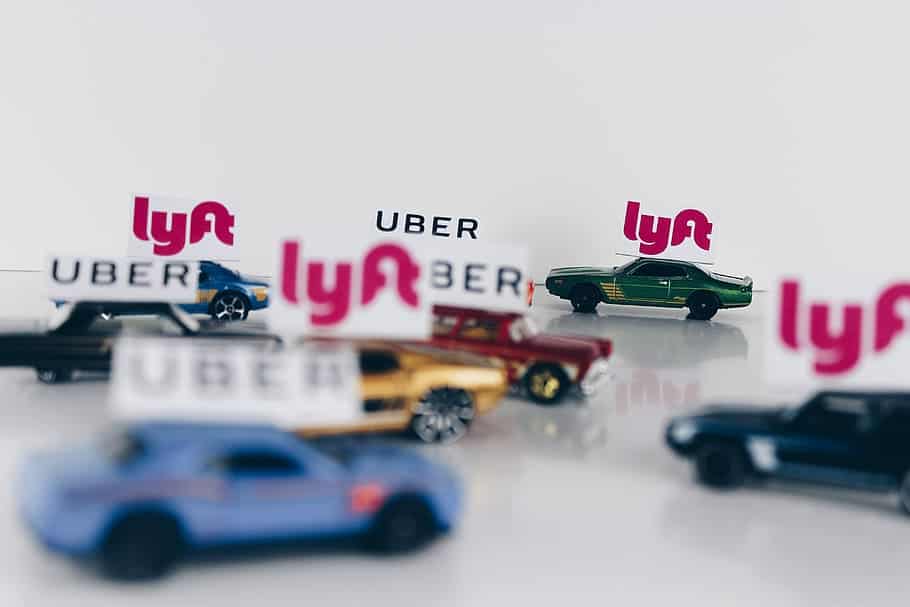
Gilbert Placeres is a student at Harvard Law School.
In today’s News & Commentary, two novel attempts to protect rideshare drivers and Stellantis and UAW spar over capital investment commitments.
New York City Comptroller and mayoral candidate Brad Lander is advocating for new regulations to eliminate app lockouts used by Uber and Lyft, which he claims exploit a loophole in the city’ first-in-the-nation rideshare driver minimum pay rule. Lockouts prevent drivers from accessing the apps and thus from working during the time they do not have passengers. Lander argues they evade the intent of the law, which was for the companies to manage driver onboarding to increase the time spent with passengers. The New York Taxi Workers Alliance is lobbying the Taxi and Limousine Commission for the new rules along with Lander and Commissioner David Do has expressed sharing their concerns.
In another novel attempt to protect rideshare drivers, a former driver has filed a suit against Lyft under Nevada’s False Claims Act. The Act makes it illegal to “knowingly” conceal or avoid obligations to pay the government. To be successful, the plaintiff will have the to prove Lyft was aware that their drivers should be classified as employees under state law but still deemed them contractors, thus avoiding unemployment taxes. The claim could be used in other states with similar acts and strict worker classification rules, representing a new potential liability to companies such as Lyft, Uber, and DoorDash.
Capital investment commitments in last year’s landmark autoworkers’ collective bargaining agreement have become a point of contention. Stellantis, facing a decline in electric vehicle demand, has delayed reopening a plant in Belvidere, Illinois and altered the production plan of another, prompting the United Auto Workers to file grievances and unfair labor practice charges. Two UAW locals, in California and Colorado, have authorized the union to call a strike over the dispute. Stellantis, in response, says the investment commitments are contingent on other factors and has deemed the grievances a sham, invoked the contract’s no-strike clause, and filed lawsuits against the union. The growing conflict could have an impact on the use of capital investment commitments in other labor contracts.






Daily News & Commentary
Start your day with our roundup of the latest labor developments. See all
February 20
An analysis of the Board's decisions since regaining a quorum; 5th Circuit dissent criticizes Wright Line, Thryv.
February 19
Union membership increases slightly; Washington farmworker bill fails to make it out of committee; and unions in Argentina are on strike protesting President Milei’s labor reform bill.
February 18
A ruling against forced labor in CO prisons; business coalition lacks standing to challenge captive audience ban; labor unions to participate in rent strike in MN
February 17
San Francisco teachers’ strike ends; EEOC releases new guidance on telework; NFL must litigate discrimination and retaliation claims.
February 16
BLS releases jobs data; ILO hosts conference on child labor.
February 15
The Office of Personnel Management directs federal agencies to terminate their collective bargaining agreements, and Indian farmworkers engage in a one-day strike to protest a trade deal with the United States.